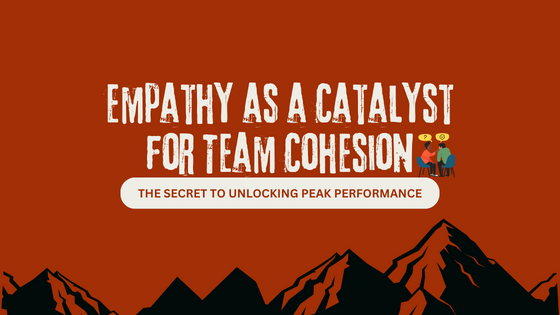We often find ourselves at the forefront of decision-making and problem-solving, where creativity and innovation are paramount. However, creative blocks can hinder your ability to generate fresh ideas and navigate complex challenges. Let’s explore some effective strategies that can help as we launch into the 2nd half of the year.
1. Embrace a Growth Mindset:
A growth mindset is the foundation for overcoming creative blocks. It’s about believing that creativity can be developed and improved through effort and perseverance. Challenge the notion that creativity is limited to a select few, and instead, embrace the belief that it is a skill that can be cultivated. By adopting a growth mindset, you open yourself up to new possibilities and increase your capacity for innovative thinking.
2. Embrace Diverse Perspectives:
Surround yourself with a team of individuals from various backgrounds and areas of expertise. Encourage open dialogue and create an inclusive environment where different ideas can flourish. By incorporating diverse viewpoints, you can break free from conventional thinking patterns and discover fresh solutions to complex problems.
3. Engage in Mindful Practices:
It’s easy to get caught up in the daily grind, leaving little room for creativity to thrive. Engaging in mindful practices can help you quiet your mind, reduce stress, and create space for new ideas to emerge.
4. Embrace Failure as a Stepping Stone:
You may feel the pressure to make the right decisions at all times. However, it’s essential to reframe failure as a stepping stone rather than a setback. Embrace a mindset that views failures as valuable learning opportunities and stepping stones to growth. By doing so, you’ll cultivate an environment that encourages risk-taking, experimentation, and ultimately, breakthrough innovations.
5. Seek Inspiration Beyond Your Industry:
Creative blocks arise from a limited perspective and sometimes, an over-reliance on industry-specific knowledge. To overcome this, look beyond your industry for inspiration. Explore different sectors, engage in cross-industry collaborations, attend conferences, and read widely. By exposing yourself to diverse ideas and disciplines, you’ll bring fresh insights into your work and discover unique approaches to problem-solving.






